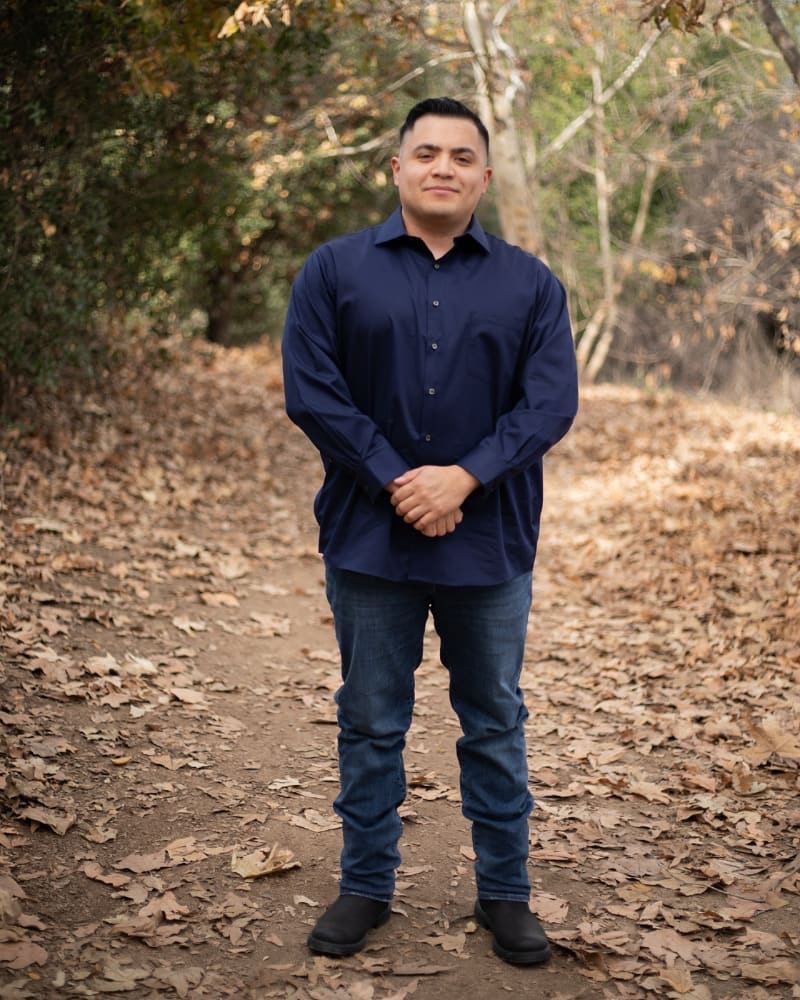REQUEST MORE INFORMATION
Ready to Make a Change? Get Started Today! Book a Campus Tour >
As the medical field grows and more people have access to healthcare, the need for medications is growing as well. This creates excellent opportunities for anyone interested in a career in pharmaceuticals.
A career as a pharmacy technician is fast-paced and challenging. It requires the ability to multitask to be able to assist with administrative and pharmaceutical tasks.
While most people envision a retail pharmacy when they think of pharmacy jobs, this is not the only environment to work as a pharmacy technician. Let’s take a closer look at what it is like for a pharmacy technician to work in a hospital setting.
If you're interested in becoming a pharmacy technician, consider enrolling in UEI College's Pharmacy Technician Program.
Can Pharmacy Technicians Work in Hospitals?
Yes, pharmacy technicians can work in hospitals. In fact, Pharmacy Technicians are needed in hospital pharmacies.
In a hospital setting, pharmacy technicians have little or no interaction directly with the patients, but they still work alongside pharmacists to ensure prescription medications are being prepared and dispensed properly. The fast pace of the hospital may mean that pharmacy technicians in this position are fulfilling more orders than retail pharmacy technicians and working faster. Pharmacy technicians also assist by ensuring the pharmacy remains stocked and sterile.
What Do Pharmacy Technicians Do in Hospital Pharmacies?
In a hospital pharmacy, pharmacy technicians work closely with pharmacists to help fulfill prescription orders for the practitioners working in the hospital. Because they interface directly with doctors, nurses, and other healthcare providers, versus patients, they need to have a strong understanding of medical terminology and be able to read a patient’s medical chart.
Pharmacy technicians in this position may work at a faster pace than technicians in a retail setting and help fulfill more orders. They may also work with a larger staff, depending on the size of the hospital.
In addition to filling prescription orders hospital pharmacy, technicians help ensure the pharmacy is well-stocked and organized. They also assist with administrative tasks like filing paperwork, updating patient records, and submitting insurance claims.
Pros and Cons of Retail Pharmacies vs Hospital Pharmacies
No matter the type of pharmacy you end up working in, pharmacy technicians are a vital part of the team, and the work they do is very important. If you are considering if this career is right for you and which environment you might prefer, here are a few pros and cons of working in a hospital pharmacy to help in your decision.
PROs
- Learn about a wide variety of medications quickly. The fast pace of the hospital and the wide scope of patients allows technicians in this environment to gain a lot of knowledge quickly.
- Flexible schedule. If you don’t like the idea of working the same hours every day of the week or would prefer to work evenings or weekends, there are opportunities to do so in a hospital pharmacy.
- Use the latest technology. Hospitals are equipped with the latest and best technology and are often staffed with the most experienced healthcare providers.
- Room for advancement. The vast amount of knowledge gained in a hospital setting may allow pharmacy technicians to explore niche areas within the field. Getting certified in these areas could open doors to new career opportunities you never expected.
CONs
- Fast-paced. Many of the cases in a hospital are a matter of life and death, and they require a quick response. This can put a lot of pressure on those who are fulfilling the order, but some people thrive in that kind of environment. It can make the hours go by quickly and leave you with the sure knowledge that you helped someone each day.
- Odd schedule. You may not always get to choose your schedule in a hospital setting. This depends on the hospital and how they operate, but it is something to be aware of.
- Very technical. Some people choose to become pharmacy technicians because they enjoy interacting with patients. There is very little if any, patient interaction in a hospital setting. Pharmacy technicians working in a hospital spend more time interacting with doctors and will need to develop a strong understanding of medical terms and medications.
How Long Does It Take To Become a Hospital Pharmacy Technician?
You can become a pharmacy technician in less than a year with the right training and support. You do not need an associate's or bachelor's degree to begin your career. All you need is training to help you learn the basics of pharmacology and how a retail or hospital pharmacy operates. Training to prepare for an entry-level position can be completed in as few as ten months. You can find more details about the requirements to become a pharmacy technician in our online guide.
Become a Pharmacy Technician With UEI College
UEI College provides students with all the training and resources to get started as a pharmacy technician quickly. Our hands-on programs teach students the difference between retail and hospital pharmacies and the unique skills needed for each environment. Experienced instructors teach students how to fulfill prescriptions, complete pharmaceutical calculations, update records and work as a team to ensure the safety of patients.
At the end of our program, students complete an externship working in a local pharmacy. This allows them to put learned skills into action and create contacts in the field that they can use for their job search.
If you are curious about a career in pharmaceuticals, working as a pharmacy technician is a great place to start. This position works closely with providers in the healthcare field and provides a valuable service to patients as well. UEI College can help you get started on this path today!
If you're interested in becoming a Pharmacy Technician, consider enrolling in a Pharmacy Technician Program.





